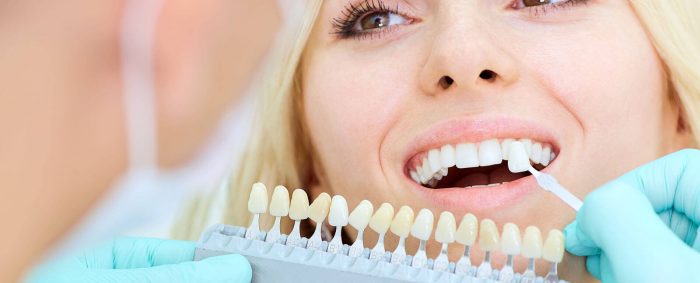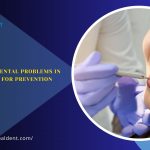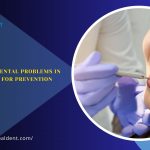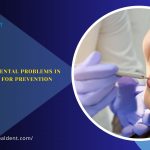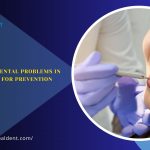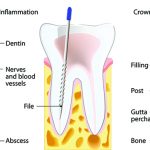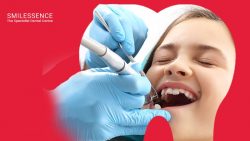Smoking and its Impact on Oral Health
Smoking has been widely recognized as a hazardous habit due to its detrimental effects on overall health. However, one area that often gets overlooked when discussing the consequences of smoking is its significant impact on oral health.
According to Dr. Aneesh Katyal, the best dentist in Gurgaon at AK Global, one of the most prominent consequences of smoking on oral health is an increased risk of gum disease, also known as periodontal disease. Smoking weakens the immune system, making it more difficult for the body to fight off infection and inflammation. As a result, smokers are more susceptible to developing gum disease, which is characterized by swollen, bleeding gums, bad breath, receding gums, and even tooth loss. Smoking also reduces the effectiveness of periodontal treatments, making it more challenging to manage and control the disease.
Delayed Healing and Poor Recovery
Smoking significantly impairs the body’s ability to heal and recover from dental procedures and oral surgeries. The chemicals present in tobacco smoke restrict blood flow, impairing the supply of oxygen and nutrients to the oral tissues. This compromised blood flow hinders the healing process, leading to delayed healing, an increased risk of infection, and potential complications after procedures such as tooth extraction, dental implant placement, and gum surgeries. It is crucial for smokers to inform their dental professionals about their habit so they can receive appropriate guidance and care during and after dental treatments.
Stained Teeth and Bad Breath
Smoking is notorious for causing unsightly stains on teeth. The tar and nicotine in tobacco smoke can discolor tooth enamel, resulting in yellow or brown stains that are difficult to remove. Additionally, smoking contributes to chronic bad breath, also known as halitosis. The chemicals in tobacco smoke linger in the mouth, throat, and lungs, emitting an unpleasant odor. This can lead to social discomfort and impact self-confidence. To reverse the situation, one has to get a teeth whitening treatment in Gurgaon.
Oral Cancer
Perhaps one of the most severe and life-threatening consequences of smoking for oral health is the increased risk of oral cancer. Tobacco smoke contains numerous carcinogenic substances that can damage the cells in the mouth and throat, leading to the development of oral cancer. Non-smokers face only a fraction of the risk compared to smokers when it comes to developing oral cancer, as smokers have a sixfold higher likelihood of developing this type of cancer. This condition can be life-threatening and may require aggressive treatments such as surgery, radiation therapy, and chemotherapy. Early detection through regular dental check-ups is crucial for improving the prognosis of oral cancer.
Reduced Sense of Taste and Smell
Smoking can also diminish the senses of taste and smell. The chemicals in tobacco smoke can interfere with the taste buds and olfactory receptors, leading to a reduced ability to taste and smell food properly. This can negatively impact the overall enjoyment of meals and may contribute to poor nutrition and dietary choices.
Conclusion
The connection between smoking and oral health is undeniable. Smoking significantly increases the risk of gum disease, delays healing after oral procedures, stains teeth, causes bad breath, elevates the likelihood of oral cancer, and diminishes the senses of taste and smell. If you want the best dentist in Gurgaon, visit Dr. Aneesh Katyal at AK Global.
